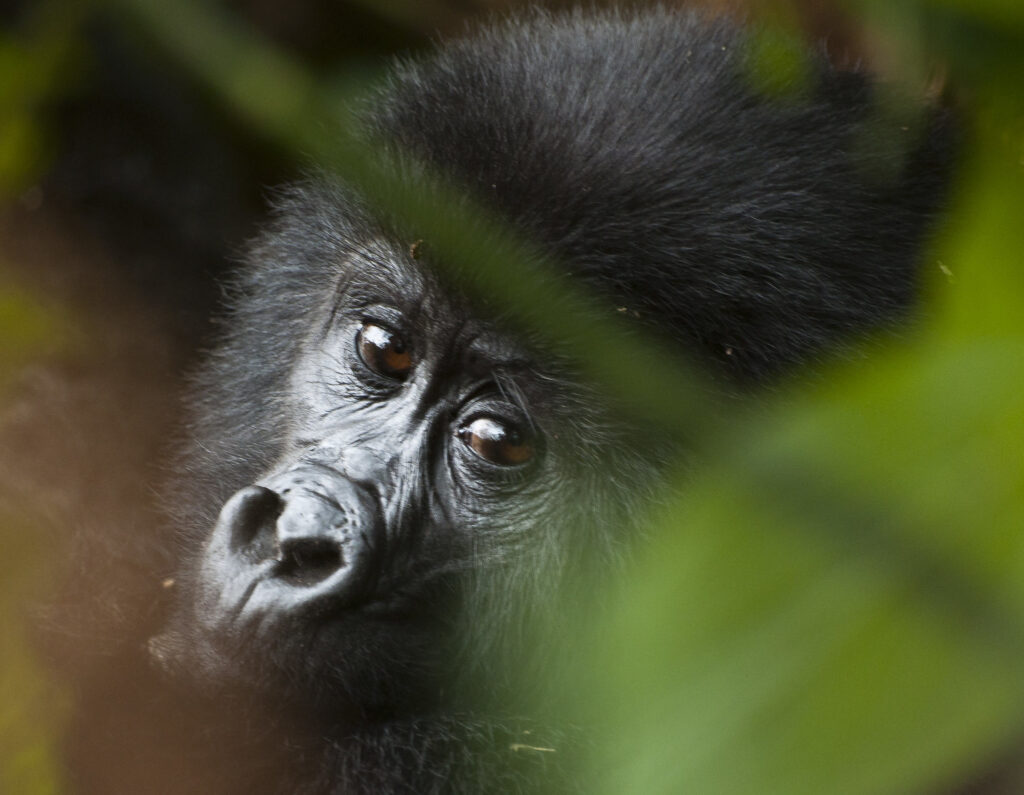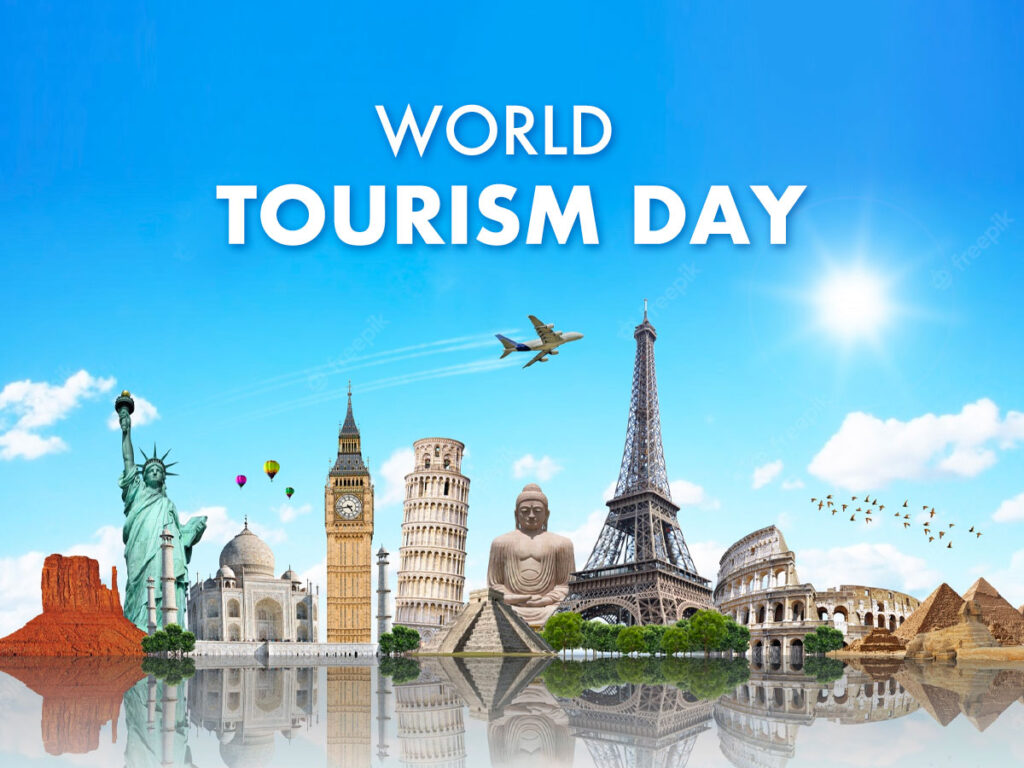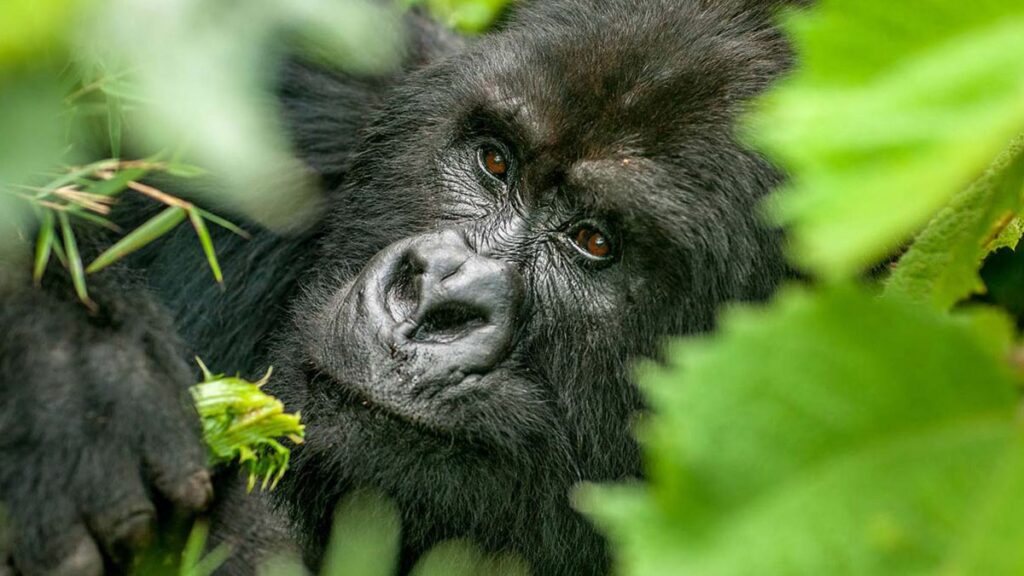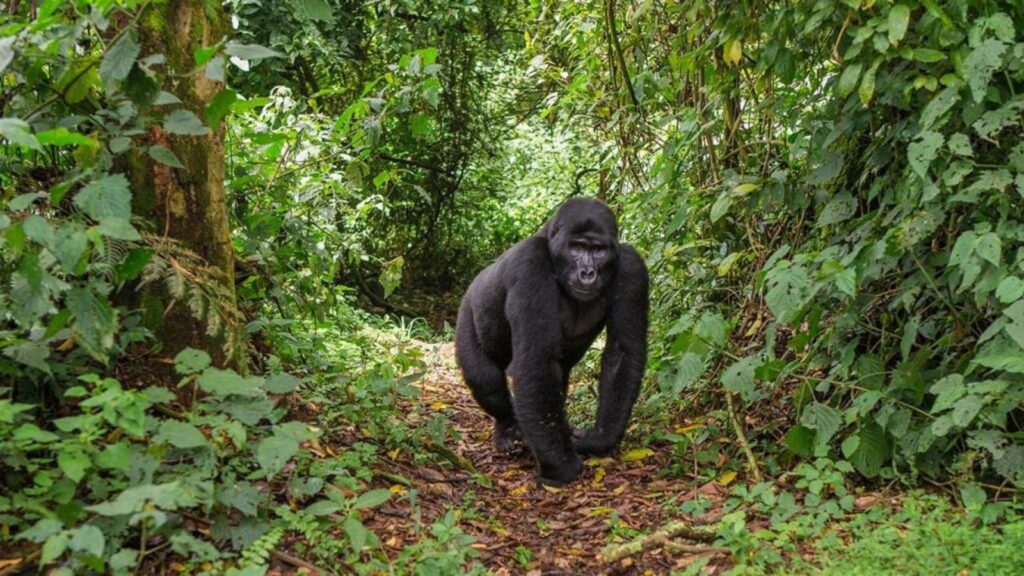Water Conservation Projects in Tourism Areas.
Water sustains life, communities, and the natural beauty that attracts travelers to Africa. Yet in many safari and gorilla-trekking regions, water is one of the scarcest resources. As tourism expands, so does the need for smarter water management. Across Uganda, Rwanda, and Congo, lodges and conservation programs are introducing creative water conservation projects that protect both people and wildlife.
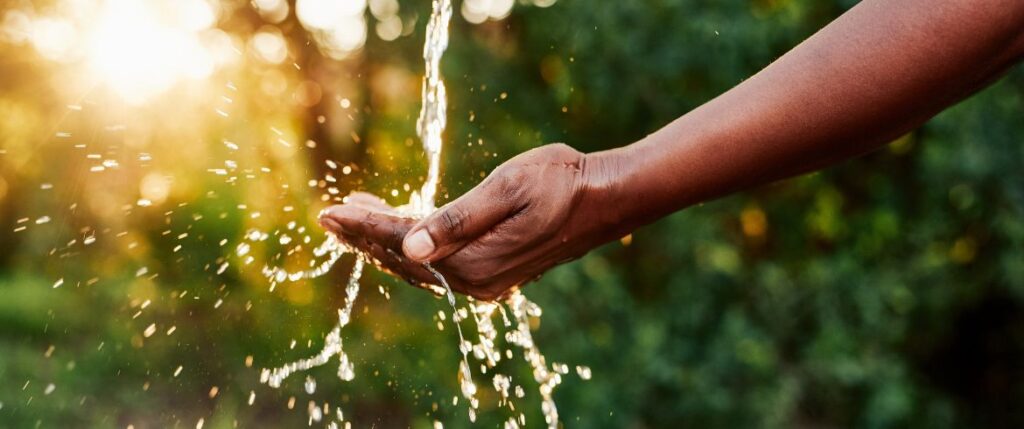
Why Water Conservation Matters in Tourism
Tourism depends on clean water—for guests, staff, and the ecosystems that make each destination thrive. Uncontrolled water use can strain local supplies, affect wildlife habitats, and increase pollution in rivers and lakes.
Eco-lodges and park authorities now treat water as a shared resource, not a luxury. They use technology and community collaboration to ensure every drop counts. By saving water, tourism strengthens its bond with nature instead of draining it.
Rainwater Harvesting Systems
Rainwater harvesting is now standard in many eco-lodges. Roofs and gutters channel rainfall into storage tanks, providing safe water for cleaning, gardening, and laundry.
In Bwindi Impenetrable Forest, lodges like Nkuringo Bwindi Lodge and Buhoma Community Rest Camp use harvested rainwater to meet most of their daily needs, even during dry months. In Rwanda’s Volcanoes National Park, Singita Kwitonda Lodge runs a large-scale collection system that filters and reuses rainwater for guest facilities and landscape irrigation.
These systems reduce dependence on rivers and underground sources while showing that simple innovation can sustain entire operations.
Wastewater Recycling and Greywater Reuse
Some lodges now recycle wastewater through eco-friendly filtration systems. Greywater from showers and sinks passes through natural reed beds or bio-filters before being reused for flushing toilets and watering gardens.
In Queen Elizabeth National Park, Kyambura Gorge Lodge uses a reed-bed purification system that returns clean water to the environment. This not only reduces freshwater extraction but also prevents contamination of nearby water bodies.
By treating water as a renewable cycle rather than a disposable resource, these projects set a model for other regions.
Low-Flow Fixtures and Smart Design
Design plays a major role in water conservation. Eco-lodges are replacing traditional plumbing with low-flow taps, dual-flush toilets, and timed showers. These fixtures cut water use by more than half without reducing comfort.
At Nile Safari Lodge and Baker’s Lodge, all guest bathrooms use efficient fittings supported by solar-powered hot-water systems. Staff receive training on maintenance to ensure long-term savings.
Even small adjustments—such as landscaping with native plants that require minimal watering—help lodges reduce consumption dramatically.
Community Water Initiatives
Tourism also supports water access for local residents. Many lodges share their harvesting systems with neighboring villages or help fund boreholes and filtration units.
In Rwanda, the Bisate Reforestation and Community Project has built gravity-fed water tanks that serve both lodge operations and nearby households. In Uganda, community lodges partner with NGOs to install clean-water pumps and promote hygiene awareness.
These partnerships build trust and ensure that tourism development benefits everyone, not just visitors.
Protecting Rivers and Wetlands
Beyond the lodge grounds, conservation projects protect rivers, lakes, and wetlands that sustain ecosystems. Rangers monitor pollution, while volunteers plant vegetation along riverbanks to prevent erosion.
Programs around Lake Kivu and Kazinga Channel focus on maintaining water quality by reducing runoff from farms and lodges. Every clean river supports fish, birds, and animals—and keeps destinations beautiful for generations to come.
The Future of Water-Smart Tourism
Water conservation is becoming part of Africa’s tourism identity. More properties are adopting closed-loop water systems, where every drop is reused safely. Others are experimenting with solar desalination units in drier areas to supply fresh water without harming natural sources.
As climate change intensifies, lodges that save water will not only survive but also set the global standard for sustainable hospitality.
Plan Your Eco-Friendly Stay
Choosing where to stay can make a difference. When you book eco-lodges that value water conservation, you help safeguard Africa’s most precious resource.
Let Gorilla-Permits.com connect you with lodges in Uganda, Rwanda, and Congo that practice sustainable water management and community partnership.
Inquire and book today at Gorilla-Permits.com—travel responsibly, protect the source of life.

